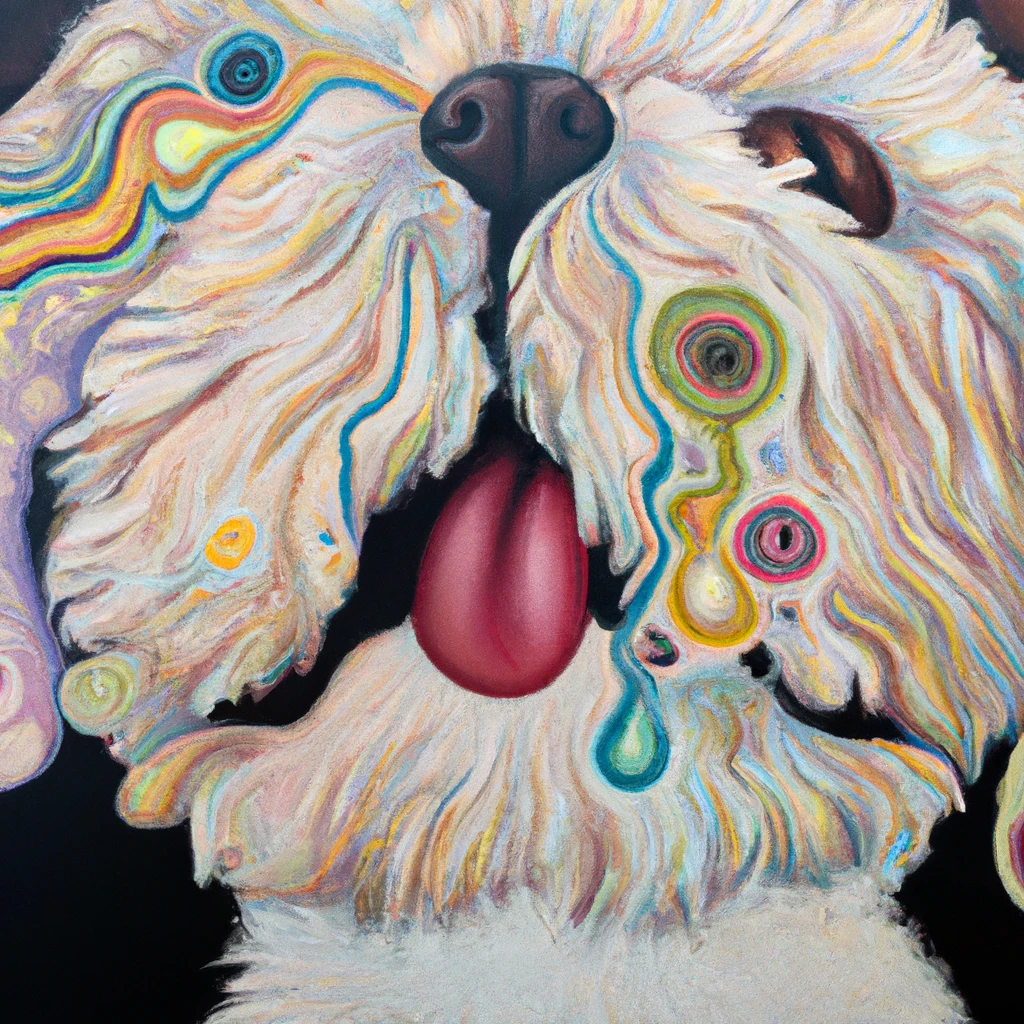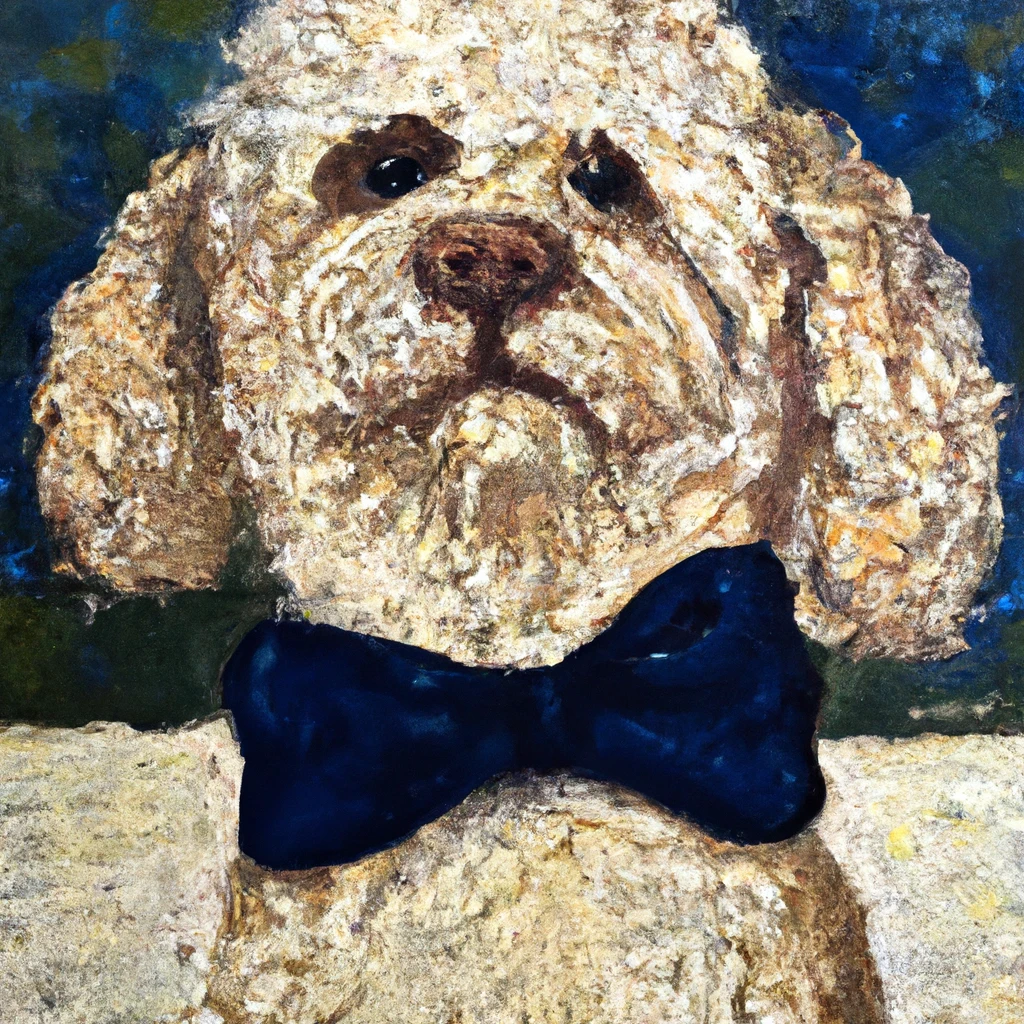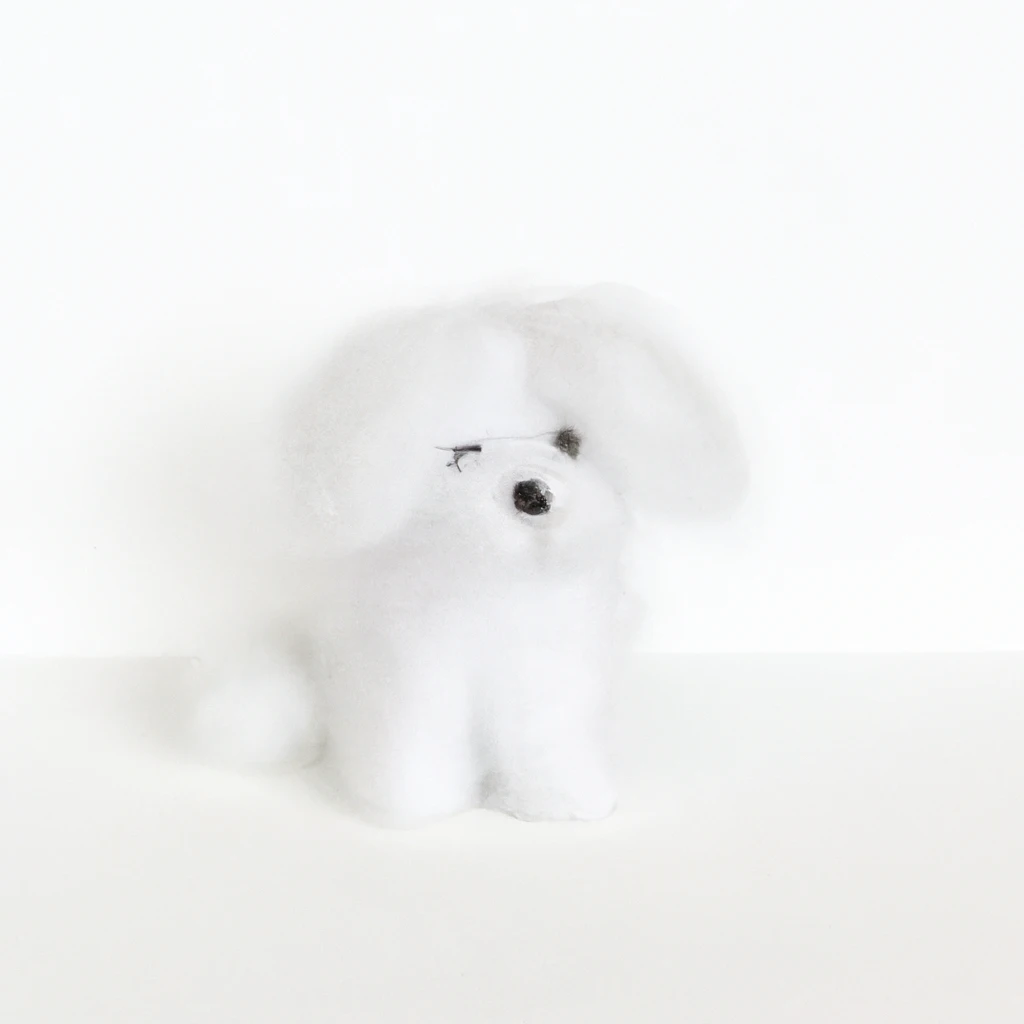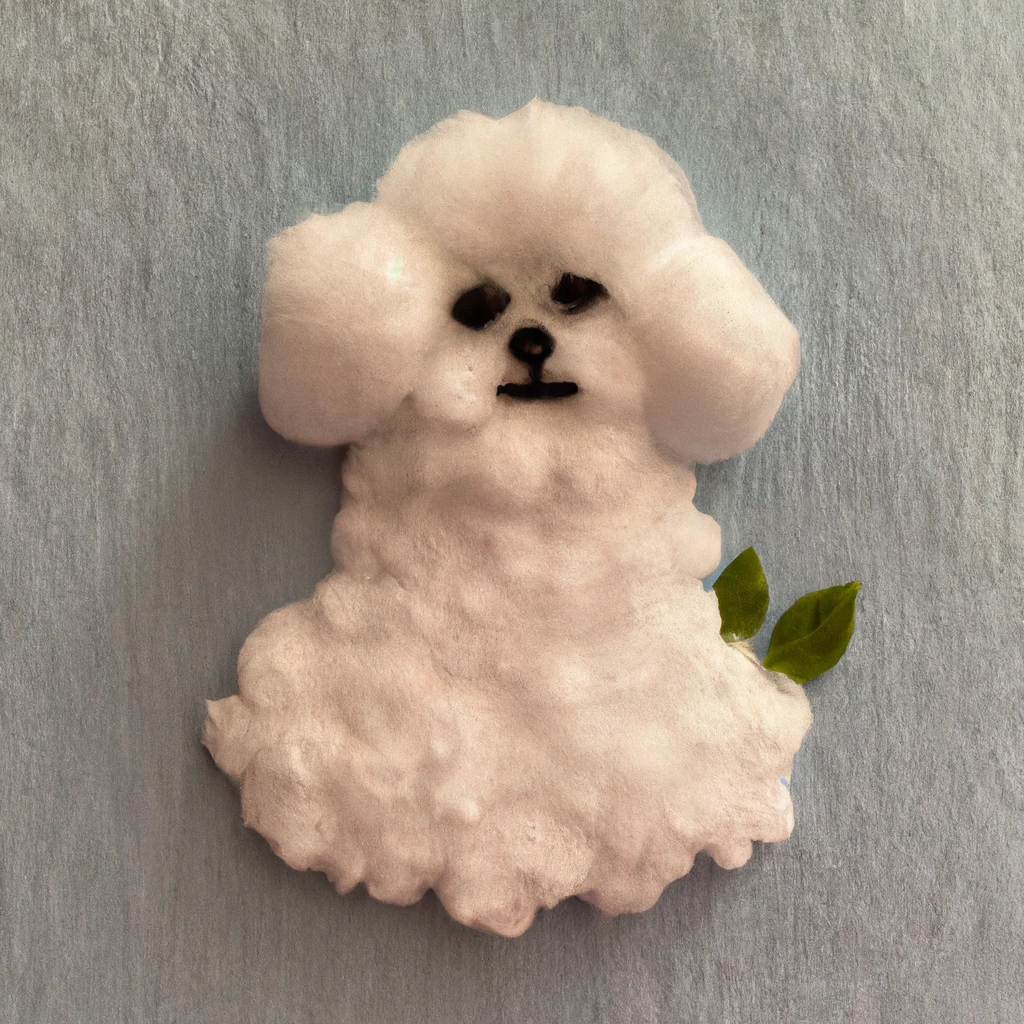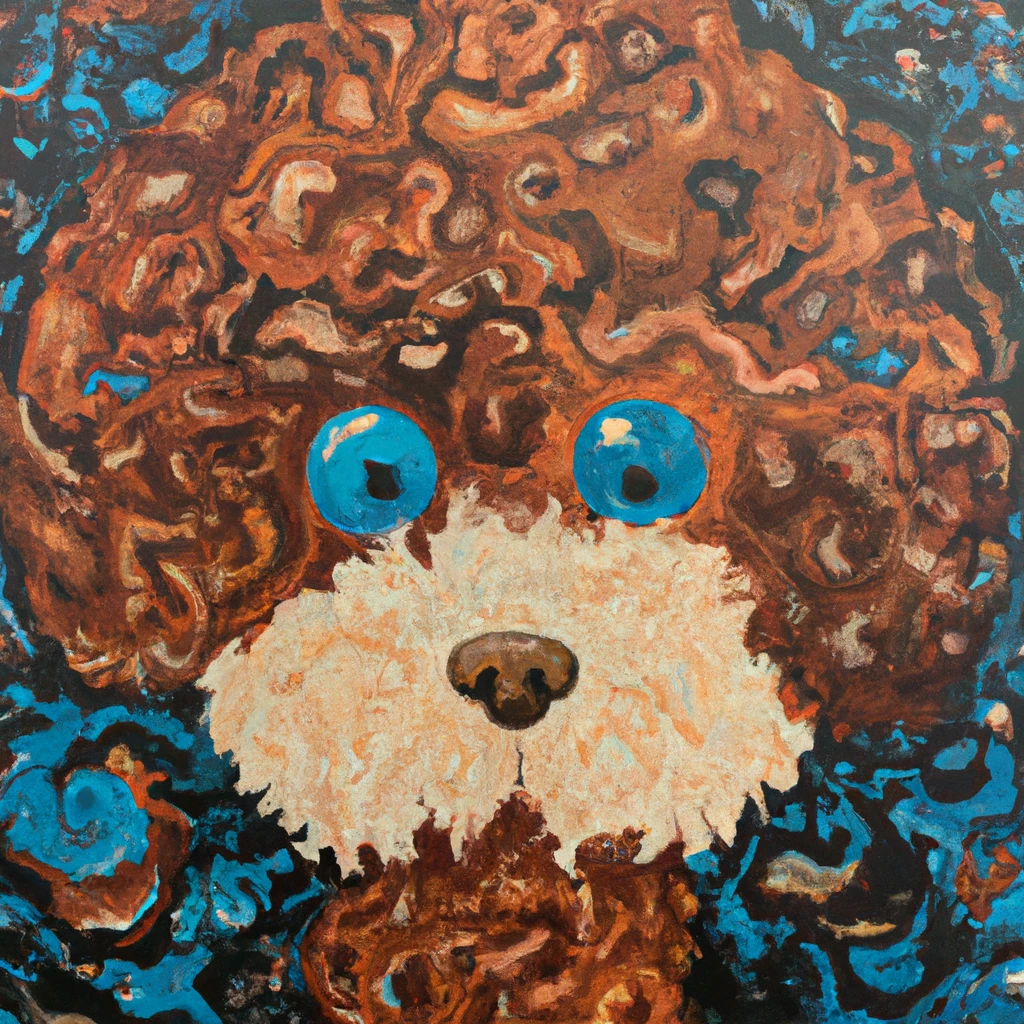Many dog owners notice that most of the semi-moist dog food in the market contains glycerin as an ingredient. This makes them confused yet surprised because we only find glycerin benefits when used on the skin. So what’s the purpose of adding glycerin to dog food? Is it even safe? Can it make the dog ill? Of course, every dog owner would ask themselves these questions whenever they find this strange ingredient ‘glycerin’ in their dog food.
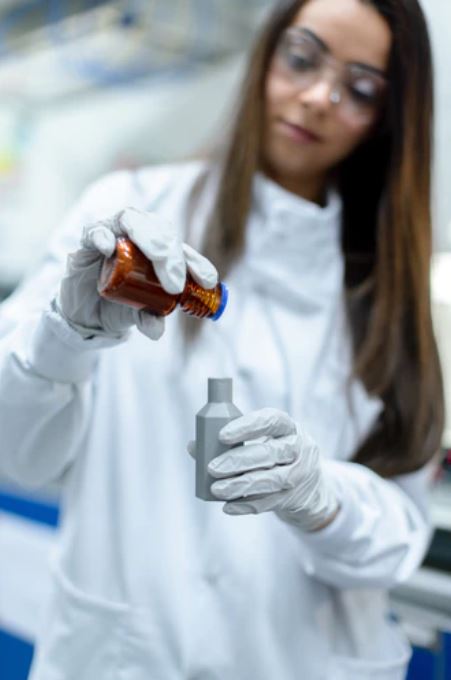
What does glycerin do in dog food?
Glycerin is basically used in preserved and semi-moist dog food. Its primary purpose is to keep the food moist and chewy and prevent its decomposition.
It is also colorless and odorless and has a sweet taste and aroma, which feels appealing to the dog. So, it encourages the dog to eat the food and get maximum health benefits.
Is glycerin a safe ingredient in dog food?
Pure glycerin is non-toxic and considered safe for the dog.
However, there are two forms of glycerin; vegetable glycerin and propyl glycerin. Both types have different manufacturing processes and different benefits and harms.
Is propylene glycol safe for dogs?
What is it?
Propylene Glycol is one of the least toxic glycols, at least less than ethylene glycol. It is a liquid substance used in the pharmaceutical, chemical, and food industries. It is finds its use as an anti-freeze agent.
Propylene glycol has a different molecular structure than ethylene glycol, making it safe to use in animal feed, except for cats.
Is it safe?
The FDA has approved that small amounts of propylene glycol are safe to use in dog foods.
Propylene glycol enhances the taste and smell of the dog food and gives it a soft and chewy texture. However, there is not much information about how consistent doses of propylene glycol can affect a dog’s health.
What are the health effects of ethylene glycol?
Propylene glycol remains a topic of controversy. Many vets and doctors think that it is highly toxic. On the other hand, many researchers say that it is not. Propylene glycol is used as an anti-freeze, so people usually question its use in food.
When consumed in large quantities, ethylene glycol can cause serious health effects on dogs. It can affect the nervous system and cause ethylene glycol poisoning in dogs, which can become fatal. Some severe effects of consuming larger quantities of ethylene glycol are:
· Seizures
· Vomiting
· Panting
· Lethargy
· Severe sedation
· Increased thirst
· Increased urination
Is vegetable glycerin safe for dogs?
What is it?
Vegetable glycerin is also called glycerol or glycerin. It is derived from vegetables or plant sources such as soya beans, coconut, and palm oil. It is colorless, odorless, and has a sweet taste.
Is it safe?
Vegetable glycerin is widely used in cosmetics, food, and pharmaceutical companies. It is made from vegetables and has no animal sources.
So, vegetable glycerol is generally recognized as safe to use in animal foods.
However, glycerin is not necessary to use in dog food. If you find any other natural sources for dog food, it is better to give them a try.
Are there any health issues with vegetable glycerin?
Vegetable glycerin is natural, and so, it does not have any health risks. However, it doesn’t have health benefits either.
It is only used as an additive to keep the dog food soft and chewy and to make it taste and smell better. The dog likes the food and urges to eat more. Besides that, there are no other health benefits of vegetable glycerin.
What about crude glycerin?
A tremendous amount of crude glycerin is coming into the market. It is processed from biofuels and is extremely toxic. This processing leads to significant amounts of sodium and wood alcohol (methanol), which remains in the glycerin.
Methanol is a flammable poison, and we’re sure you won’t want to feed it to your pet.
Due to the use of crude glycerin in some dog foods, FDA is having a close look at whether it should discontinue the use of glycerin in pet foods or not. The thing is, you don’t always know what kind of glycerin your dog food contains.
Can I use glycerin on my dog’s skin?
Glycerin is also found in many dog soaps, shampoos, and conditioners.
When used in soaps, glycerin adds moisture to the dog’s fur and makes it smooth and shiny.
Dog owners widely use glycerin shampoos as they are great for dogs with sensitive skin. It has soothing qualities which can treat sensitive skin and make it less prone to skin infections.
Likewise, glycerin is an excellent conditioner, as well. It is a skin-soother, especially for dogs who face seasonal allergies and irritation on their skin.
So, glycerin soaps, shampoos, and conditioners are not only safe to use on the dog’s skin, but they also make the fur more smooth and shiny while preventing skin allergies.
What To Think
Glycerin is manufactured in various forms. Vegetable glycerin and propylene glycol are generally considered safe, but propylene glycol is still controversial due to its links with asthma and allergic reactions. Besides, it is mainly used in commercial products.
On the other hand, crude glycerin is highly non-toxic. Only vegetable-based glycerin is safe to use in dog foods. However, it is just an additive and does not provide any nutritional benefits.
So, you should always avoid food containing glycerin, except for when it contains vegetable glycerin. If you have other natural sources, it’s better to give them a try!
However, when used on the dog’s skin, glycerin is highly beneficial. It is best for dogs with sensitive skin as it makes the fur smoother and prevents allergies.



